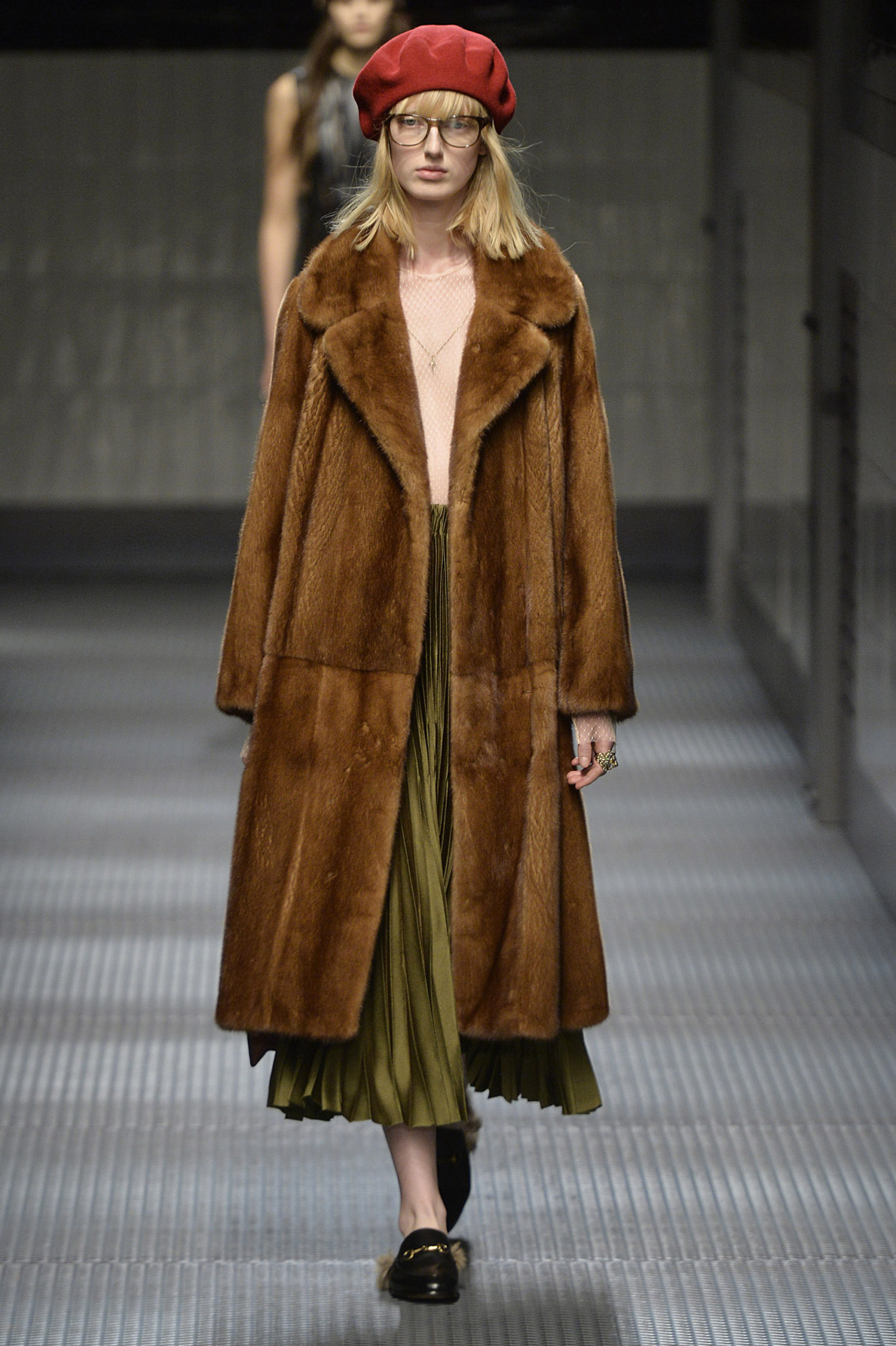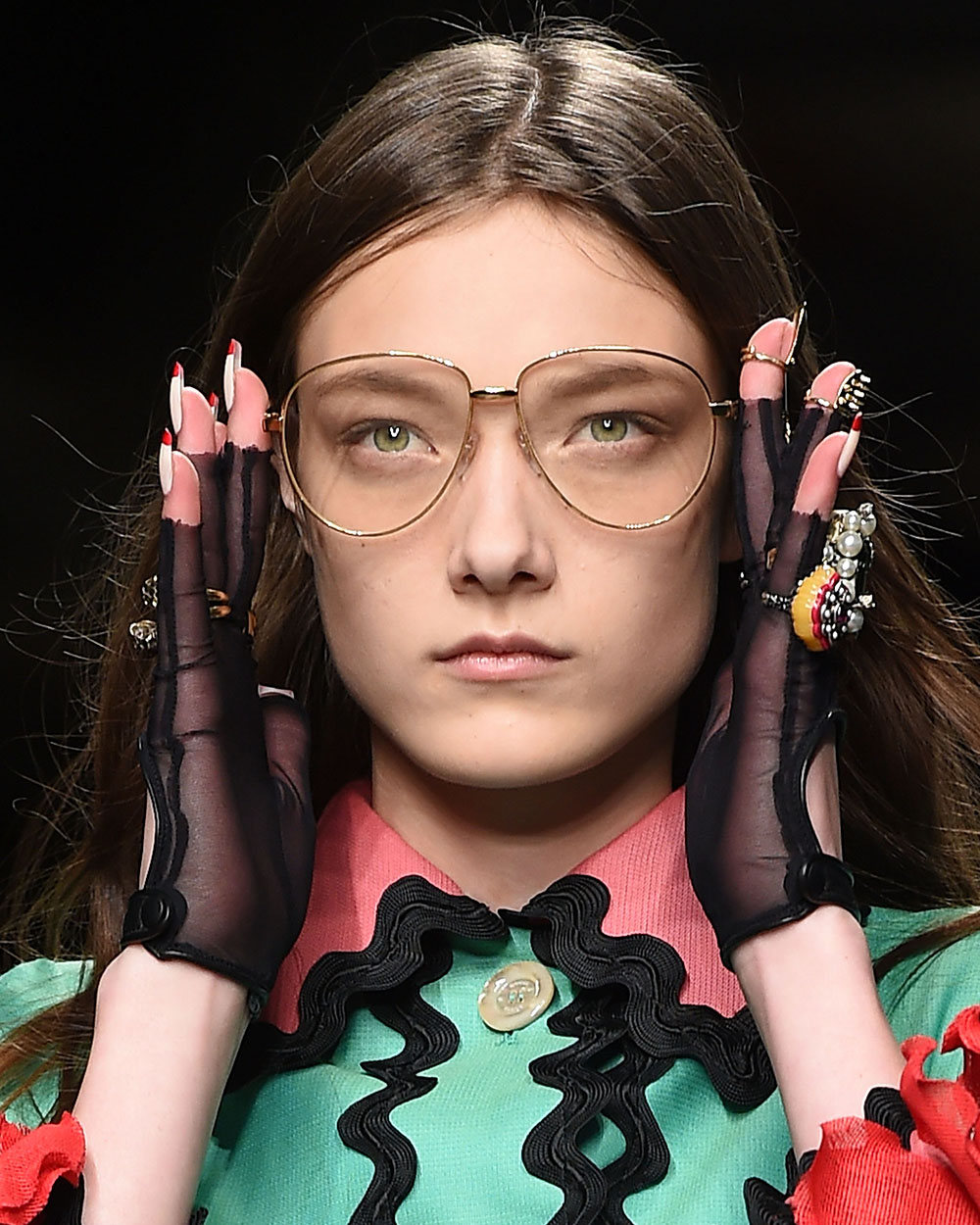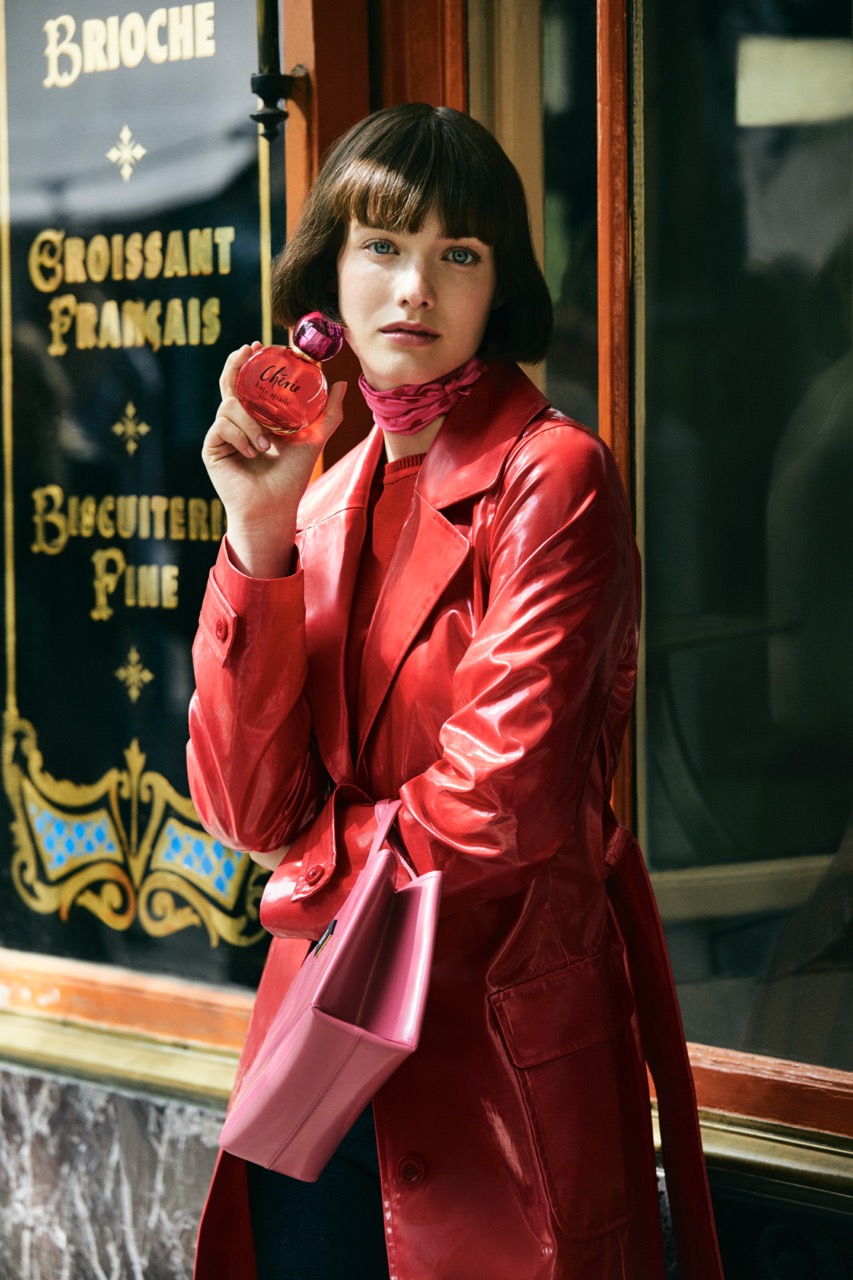
Gucci’s fur ban proves that millennials are making an impact on the future of fashion.
The luxury label has announced that it will no longer produce fur products as of spring-summer 2018, joining the Fur Free Alliance – an international coalition of animal protection organisations.
The main driver behind this decision being that it doesn’t appeal to ethical millennial shoppers (go, us) who currently account for more than 50% of Gucci customers. This number has increased by 40% in the past two years according to recent analysis.
Gucci’s chief executive and president, Marco Bizarri, says that the continual use of fur in fashion is not modern.
“Fashion has always been about trends and emotions and anticipating the wishes of customers, ” Bizzarri told the Business of Fashion. The best creative directors are “able to anticipate, smell something outside before anybody else does. Fashion and modernity go together,” he said.
At the 2017 Kering Talk, Gucci also announced that it is working hard to address ongoing environmental issues including the idea of designing with sustainability in mind. Gucci claims it will be bringing its supply chain more in-house, moving from the current 5-10% to 50-70% so it can achieve better and more direct control over conditions and best practices.
The political statements don’t stop there either. Not only is Gucci donating €1 million to Unicef’s Girls Empowerment Initiative affirming its commitment to gender diversity in the workplace, but it’s also directly leading the change, with more than 60% of its employees being women and more than half of senior positions being held by women.
“What we realised is, when you have diversity in a business context you create value. If you have women and people from different cultures and gender diversity, it’s creating value and fostering creativity,” Bizzarri said.
While many companies are quick to lay claim to ethical practice, very few can back it up. This approach adopted by Gucci, favouring the ethical decisions of millennials and actually influencing change within the industry for the better, is exactly the inspiration we need to understand the buying power we have, and that when we choose to buy ethically, we are actually becoming an instrument for positive change.






